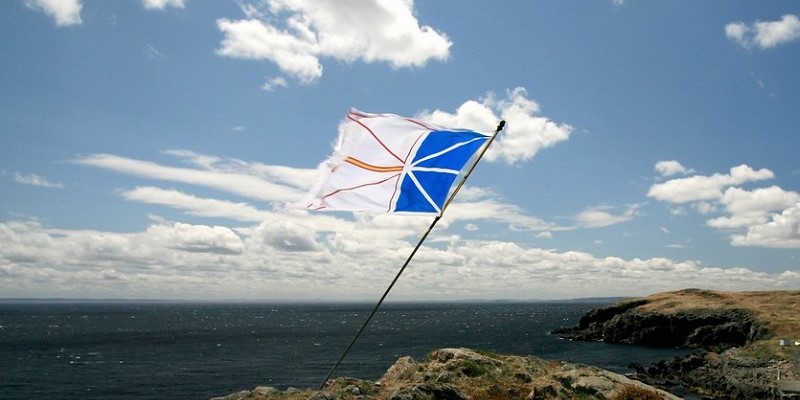Privatizing liquor sales—a no-brainer for Newfoundland and Labrador

Nearing its two-year anniversary, the Furey government continues to face tough choices, but one decision should be a no-brainer—it’s time to privatize liquor sales in Newfoundland and Labrador.
Back in 2020, then-finance minister Tom Osborne dismissed the concept of privatization but the issue has received renewed attention recently as many in the province debate the size and scope of government. For example, when reviewing the province’s asset portfolio, the premier’s Economic Recovery Team (PERT) said “the provincial government should sell all or a majority interest in the Newfoundland and Labrador Liquor Commission.”
Such a move could benefit consumers in the province in several ways.
The NLC paid $1.6 billion in dividends over the last 10 years, which makes it potentially attractive to private-sector investors. Proceeds from such a sale could be used to reduce the province’s government debt and debt interest payments, which are estimated at $956 million this year alone—that’s money unavailable for services such as health care. And even after any potential sale, the provincial government will still receive revenues from the NLC in the form of business income taxes.
The government also has other options that stop short of selling the entire operation, as the NLC has several lines of business including wholesale, production and retail. For example, the government could privatize the province’s liquor retail stores. While 140 private-sector “express” outlets currently exist, they must purchase from the NLC’s wholesale monopoly. And the NLC still operates 29 of its own stores across the province.
Other jurisdictions have successfully privatized alcohol sales and other aspects of provincial liquor operations. Consider the experience of Alberta, which privatized the retail portion of liquor sales in the early 1990s. Research has shown that post-privatization, consumers benefited from increased convenience with more stores, falling liquor prices and greater product selection.
And yet, despite these potential benefits, a well-organized group of activists opposes the privatization of the NLC. For example, NAPE (the Newfoundland and Labrador Association of Public and Private Employees) has launched a campaign, which relies largely on myths about lost revenue for the province and the “social costs” of privatization.
But in reality, according to research, the Alberta government did not experience a loss of revenue from privatization but actually received more revenue through increased sales (as well as new corporate income tax revenue from the new private-sector stores). Crucially, research also finds “no evidence that the residents of Alberta have been exposed to increases in crime or liquor-related offenses as a direct result of privatization.”
Approaching the two-year anniversary of its election, the Furey government has an opportunity to privatize the NLC, which would provide more choice for consumers and help pay down government debt, just as PERT recommended. Simply put, privatizing the NLC is a no-brainer.

